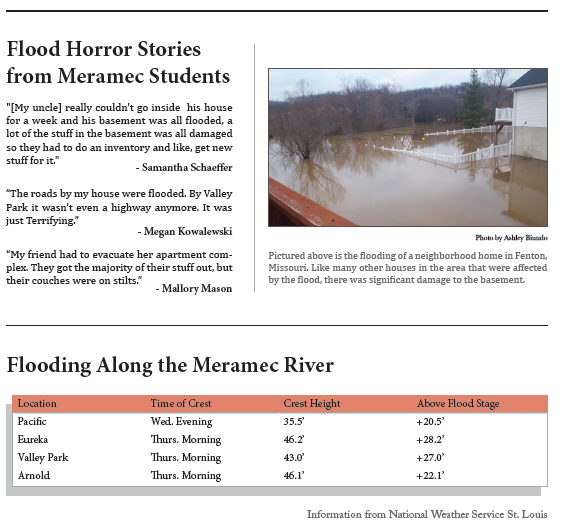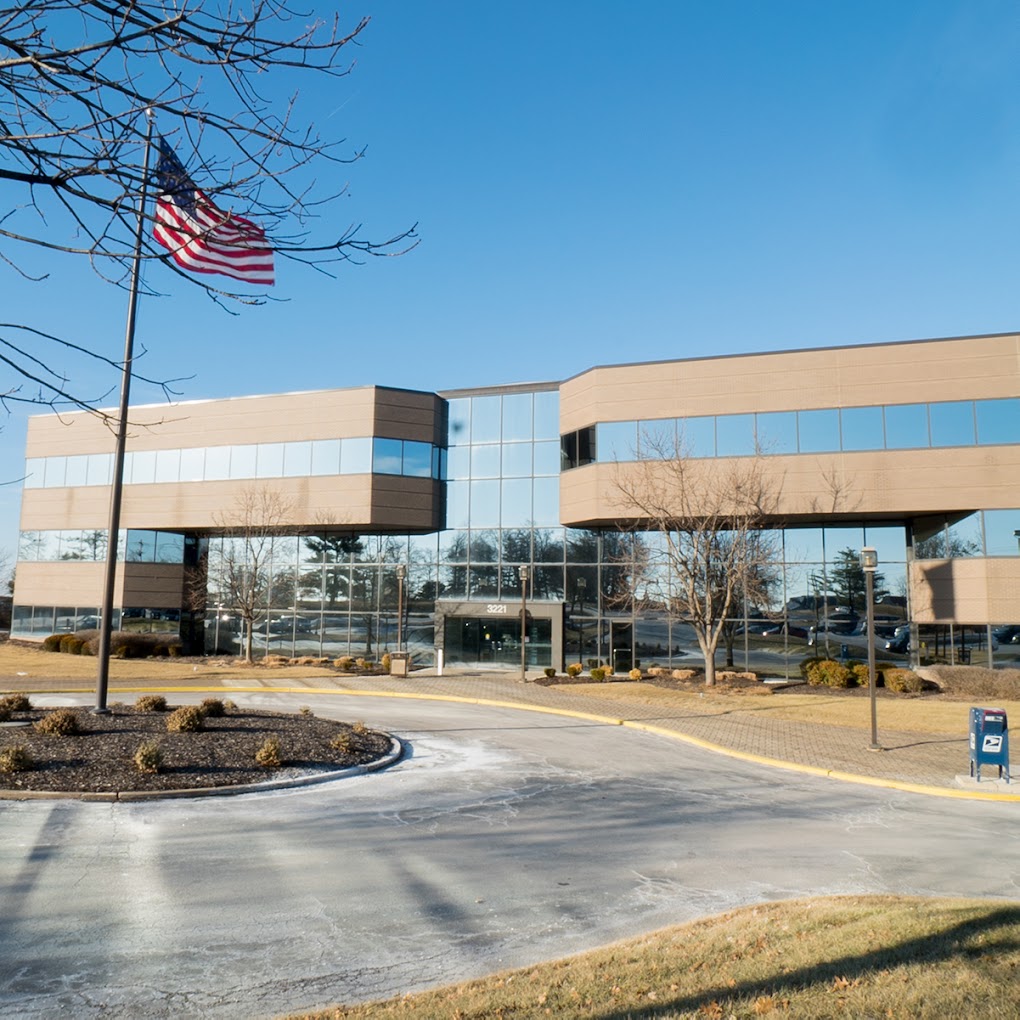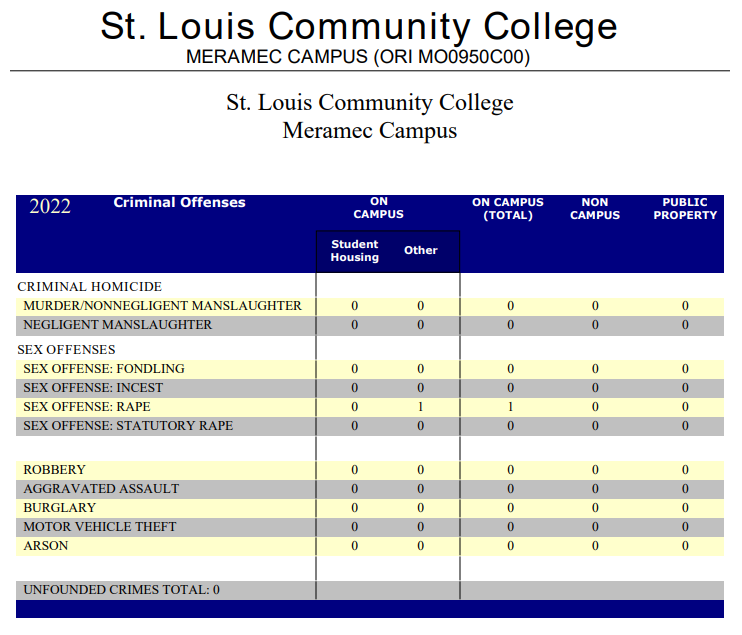Respect the River
By: JASON WATERS
Production Manager
“Respect the river” took on a new meaning in St. Louis on December 29, 2015 when the most severe flood in recent history hit Missouri. This sparks questions about how and why flooding of this scale would happen.
“The problem is not what the river does, but what we do,” Physical & Engineering Sciences Department Chair Dr. Joachim Dorsch said. “We really ask for that hazard, that catastrophe, to happen.”
Downtown St. Louis is built above the flood plain, on the bluffs. This area of the city – built above the flood plain – is safe but much of Greater St. Louis is not. Laclede’s landing is on a slope and the flat area on the Illinois side is a flood plain.
With a lot of water falling in a brief time interval, like in this recent flood, it cannot go fast enough into the ground so it runs off into a creek which goes into a bigger channel and eventually ends up in the Missouri or Mississippi River, Dorsch Said.
“Floods are beneficial to the ecosystem around them. New soil developed from the river sediments can improve the quality of the soil.” Dorsch Said.
On average, a river system floods every 2.7 years. The small floods are supposed to occur are prevented by levies.
“[By building levies] we basically put a straight jacket on the channel. We don’t want it to move we want to control it but eventually the river will flow over and the flood will be more catastrophic.”
When you look at a river system; it’s alive. It’s like an organism, Dorsch said. “You can not blame the river,” Dorsch Said. “The problem with us – humans – being affected by a flood, is that we rebuild houses and developments on the flood plain which is part of the river system. We just need to be more cognizant and not develop the flood plain. It’s inevitable that it will happen again. The next flood will happen again, the same cleanup will again and the same amount of money will be spent.”
It’s the problem that you can buy flood insurance, Dorsch said. “Businesses that built on the floodplain knew that they would be flooded out. They had made a lot of money and there’s no incentive not to build on a floodplain because in the long run they still come out on top in terms of economics.”
Don’t buy a house on a flood plain – that’s my advice, Dorsch said.
“It’s the old idea that we as humans can control nature,” Dorsch said. “You can maybe do that for awhile, but eventually nature will win over. Cannot blame the river, it’s just a natural reaction.”












